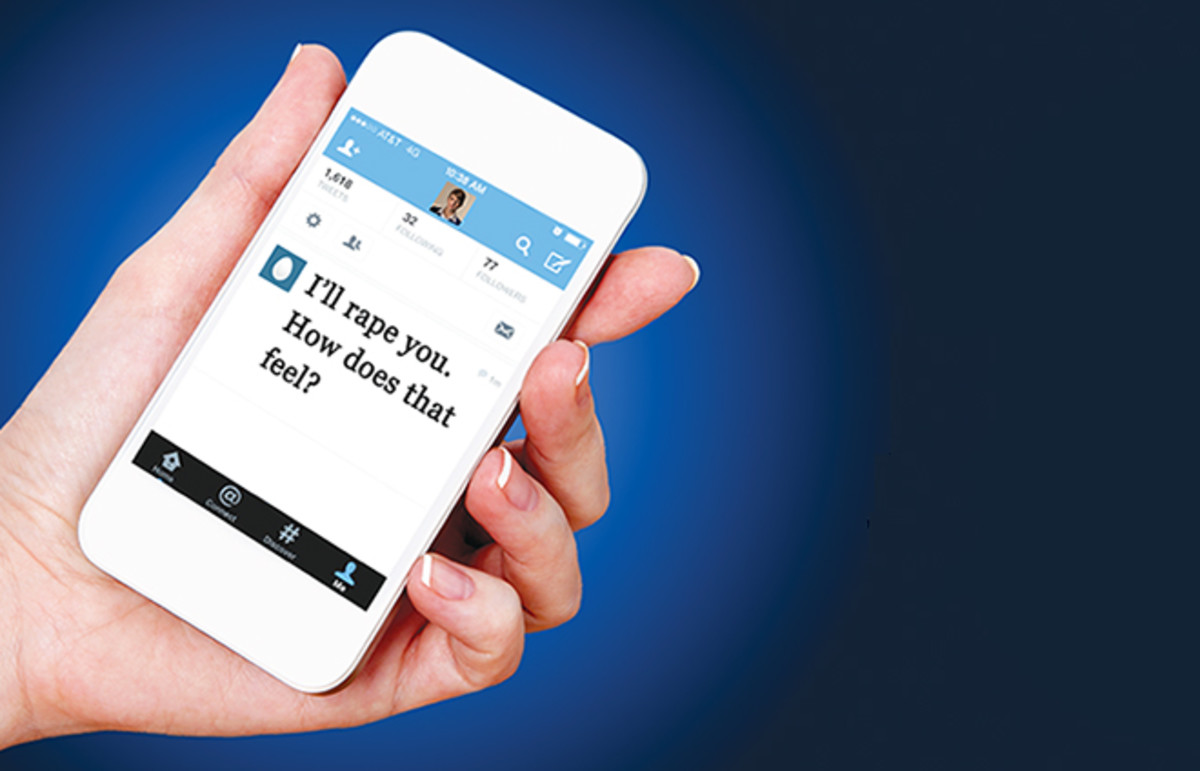The internet is a place where many of us access local and global news, information on anything we please, endless entertainment, and most importantly, each other. We connect and communicate. We like and we follow. We laugh and we share. We use and enjoy the internet so much that sometimes we forget to be critical of it.
The internet is a great place but it is far from perfect. Internet spaces, from Instagram to Linked-in might not be physically designed to be places of discrimination and bigotry but that has not stopped humans from bringing everything things like racism, misogyny, and trans-phobia online.
A good way to begin thinking about how this happens is to start thinking about identity and how neither online nor offline spaces are blind to it. When we sign up for most online spaces we are asked to make a profile that replicates our real life identity. Uploading photos of ourselves is perhaps the most telling identifier but filling it our name, age, and gender also serves to create our virtual identities.

(Photo: Blogging Bistro)
So online identity exists in a similar way to our real world identity. We are defined. Put in boxes. And in turn we do the same to others. So what? How does this relate to gender discrimination.
In the "real world" women face things like hyper-sexualization, discrimination in the workplace, violence and harassment, and less pay for the same work. Women face these same issues online, sometimes at the hands of other users and other times at the hands of the platforms themselves.
Lets start with Gen Z's favorite pastime, Instagram. Aside from the harassment women might face from other users, Instagram itself discriminates based on gender. I'm talking about the "female" nipple and the fact that it is banned on Instagram in almost any form and it certainly isn't the first or last platform to do it.
| (Photo: Tumblr) |
If you aren't bothered by gender discrimination relating to the physical body, maybe job discrimination concerns you more. If it does, you can check out this 2016 article in the Seattle Times that outlines gender discrimination in LinkedIn's search engine. LinkedIn has since made moves to fix their engine's issues but what about other online recruitment platforms or sites? In this competitive digital age, it's unacceptable for companies and platforms to ignore potential online discrimination.
The media and different online platforms contribute to violence against women as well. In an age of sexting and hacking, technology can become a tool for abusers to leak nudes, stalk, slut shame, harass, and exploit women. Neither online platforms or legal systems do enough to discourage and punish this gendered violence or protect victims. If you are interested in reading more about one female journalist's experience with this on Twitter, you can read this article by Amanda Hess in the Pacific Standard.

(Photo: Pacific Standard)

I think that the gendering of nipples on platforms like Facebook and Instagram is ridiculous. I know that Matt McGorry, an actor from Orange is the New Black, made a satirical post online to fight this logic, in which he posted a shirtless photo of himself with a "female" nipple photoshopped on one side, and a "male" nipple on the other. It is always nice when women are not the only ones who have to defend themselves from these issues- but sadly, since we are the ones most affected by them, that does seem to often be the case.
ReplyDeleteThanks Lori, Thanks your blog. It is a serious and important topic for us. there is no doubt that gender discrimination is ubiquitous in every social media platform. Because comments are posted across the screen, nothing is responsible or punished. This is also the drawback of internet information dissemination. In China, the largest social medias, like WeChat and Weibo, require users to be real names and ID number. Certification, when someone written comments that led to a very bad influence, he would be warned or detained by the network police. The most common of which is economic fraud and pornography, and most of the insults to women be included it.
ReplyDelete